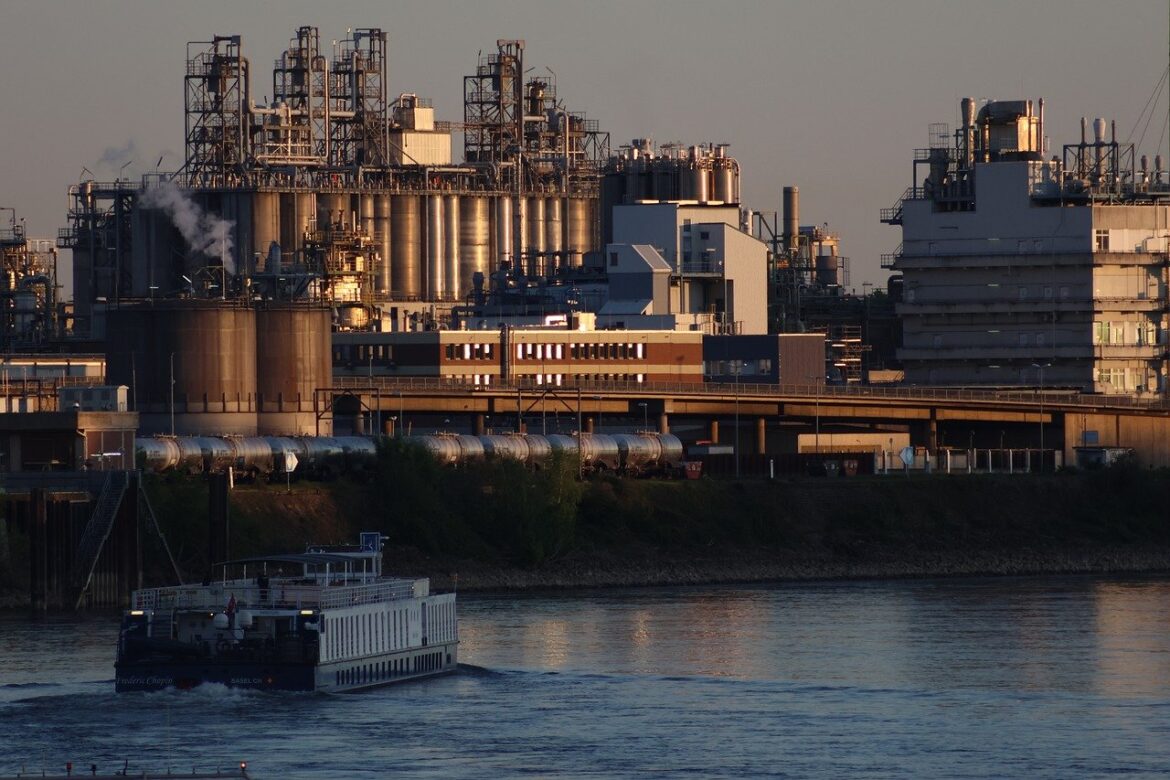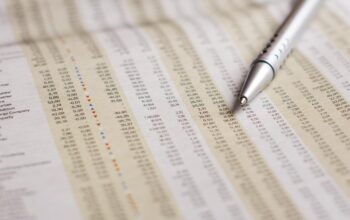In the world of luxury, sustainability is no longer just a buzzword; it’s a mandatory requirement for brands looking to thrive in today’s eco-conscious market. From significant strides in water recycling to innovative bio-based manufacturing, several high-profile companies are leading the charge. Here are five trending luxury news stories centered around environmental sustainability:
Estée Lauder’s Water Recycling Breakthrough
Estée Lauder Companies has made a remarkable leap in water recycling, increasing its water recycling rate from 59% to an impressive 85%. This achievement is complemented by a 46% reduction in incoming water needs, significantly curbing the environmental impact of their operations[1]. This move not only highlights the company’s commitment to sustainability but also serves as a model for other businesses seeking to reduce their ecological footprint.
Global Fashion Summit 2025: Sustainability in Focus
The Global Fashion Summit, set to open soon, will delve into crucial sustainability themes like bio-design and technology. The event will explore how these innovations can transform barriers into bridges for tangible environmental change[2]. With the fashion industry facing increasing regulatory pressures, such summits provide a platform for brands to discuss and implement sustainable practices.
2025 Fashion ESG Regulations: A New Era of Compliance
The fashion industry is moving towards stricter Environmental, Social, and Governance (ESG) regulations, with brands now required to provide verifiable sustainability data across their supply chains. This shift from voluntary to mandatory reporting is part of a broader trend towards greater transparency and accountability[3]. Brands must now finance collection, sorting, and recycling, with eco-modulated fees that reflect product sustainability, ensuring that sustainability is not just a marketing claim but a business imperative.
Canali’s Comprehensive Sustainability Plan
Canali, a luxury Italian menswear brand, has unveiled a detailed sustainability plan that aligns with the United Nations’ Sustainable Development Goals. The plan includes specific strategies for product sustainability, governance systems, and employee training[4]. By focusing on ecological transition and creating shared value for consumers and communities, Canali is setting a high standard for luxury brands in the sustainability arena.
Hyosung’s Bio-Based Spandex Innovation
Hyosung is pioneering a new era in textile manufacturing with its bio-based spandex production facility. Using Geno’s plant-based BDO technology, Hyosung aims to reduce the carbon footprint of spandex production while increasing efficiency. This innovative approach is part of a broader effort to create a circular textile ecosystem[5].
These stories illustrate the diverse ways luxury brands are embracing sustainability, from improved resource management to pioneering bio-based manufacturing techniques. As consumers increasingly prioritize eco-friendliness, these companies are not only meeting regulatory demands but also crafting a more sustainable future for the luxury industry.
References:
- https://www.elcompanies.com/en/news-and-media/newsroom/press-releases/2025/05-22-2025
- https://creativesunite.eu/article/sustainability-at-the-spotlight-of-the-global-fashion-summit
- https://www.cgsinc.com/blog/2025-fashion-esg-regulations-what-brands-must-do-comply-and-compete
- https://vman.com/article/canali-introduces-its-new-2025-2030-sustainability-plan/
- https://www.textileworld.com/textile-world/fiber-world/2025/05/hyosung-showcases-innovation-to-impact-at-the-2025-global-fashion-summit/
- https://www.theowennews.org/all
- https://www.thecooldown.com/green-business/sustainability-fatigue-fashion-brands-eco-marketing/
- https://ftp.maedco.org/student-portal/research-paper/content-library/braunschweig%20university%20of%20art.pdf



